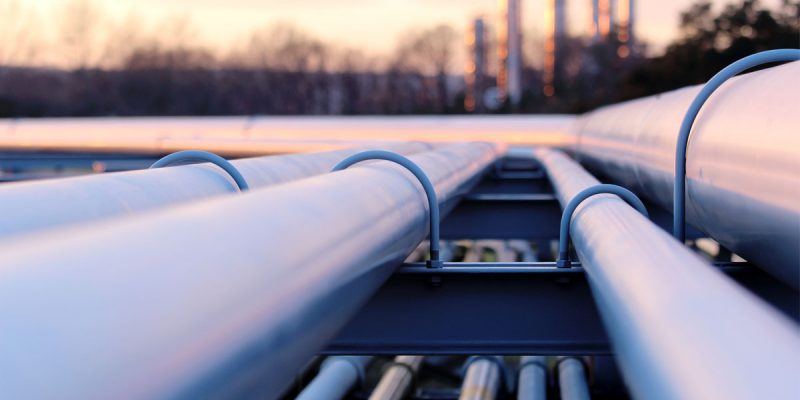Last week, Louisiana Economic Development officials announced the arrival of a $2.5 billion crude oil pipeline and export terminal project in Plaquemines Parish. The pipeline, which will span roughly 700 miles, is expected to create around 35 permanent jobs and 1,250 construction jobs. The terminal, to be located on the west bank of the Mississippi, is expected to store nearly 20 million barrels of crude oil and is slated to be ready circa 2020.
Tallgrass Energy LP and Drexel Hamilton Infrastructure will be constructing this project with some assistance from the Plaquemines Port Harbor and Terminal District. The public-private sector alliance is expected to have the capability to transport 800,000 barrels of crude oil per day from Cushing, Oklahoma to Louisiana.
Governor Edwards, in his address regarding the project last week, seemed optimistic about the production of this pipeline, emphasizing the importance of the state’s port infrastructure, stating that this installation will “make good use of our export capabilities along the Mississippi. Adding a project such as this to our crude oil facilities, our refineries, and our growing LNG export network will further strengthen Louisiana’s position as a world energy export leader.”
The pipeline system in Cushing happens to be connected to the Keystone XL pipeline, one of many pipelines in recent years to garner controversy over its construction. Last year, America saw the persistent but ultimately ineffective protests of the Standing Rock Tribe and its allies regarding the Dakota Access Pipeline. Keystone, which was approved by President Trump alongside DAPL, had its own resistance—though not quite as loud—but was installed nonetheless. Closer to home we’ve seen spirited and lawless, but largely equally ineffective, protests against the Bayou Bridge pipeline project from Lake Charles to St. James Parish. As public opinion splits on these oil mechanisms, the economic benefits accompanying pipeline construction are often overshadowed.
Advertisement
Seeing as this new Louisiana pipeline will be connected to the system in Cushing, the result is that the project will then be attached to these newer northern American pipelines that link with Cushing, creating an oil exchange between Louisiana and Canada. Plaquemines Parish, known as an oil and gas parish, recently saw a stumble in employment as certain jobs – particularly drilling and exploration jobs connected to offshore oil production which has stagnated in recent years, were no longer needed. Not only will this project create new jobs, the economic benefits are expected to more than compensate for the state and parish alike.
After a statewide GDP slump in Louisiana for the past two years (minus-0.2 percent in 2017 and minus-0.4 percent rate in 2016), among the worst in the nation, the state is expected to benefit heavily from the introduction of this pipeline into the North American oil scene.
Advertisement
Advertisement

